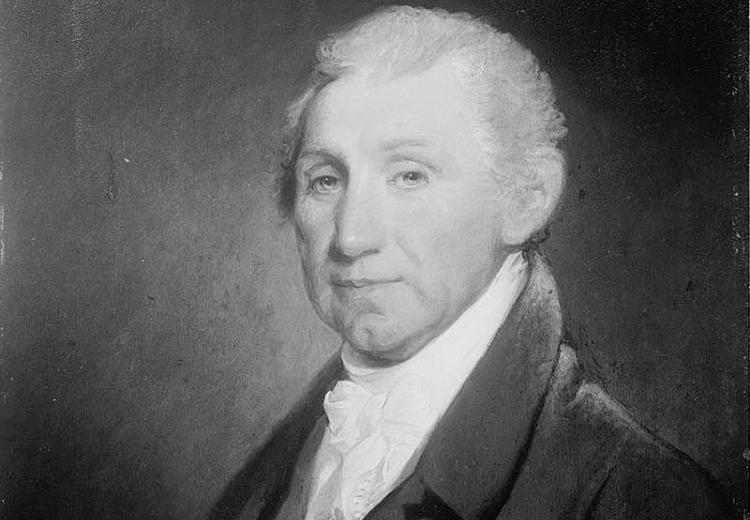Lesson 2: The Monroe Doctrine: President Monroe and the Independence Movement in South America

An early portrait of James Monroe.
James Monroe spent most of his life in public office, devoting a significant portion of his career to foreign affairs. He served as George Washington's Minister to France, but was eventually recalled by the President. Thomas Jefferson appointed Monroe as a special envoy for negotiating the purchase of New Orleans and West Florida. He and principal negotiator Robert Livingston exceeded their authority and all expectations by acquiring the entire Louisiana Territory as well as a claim to all of Florida. Next, Monroe became Minister to Great Britain. Under James Madison, he served as Secretary of State and Secretary of War.
Monroe brought a vision of an expanded America to his presidency—a vision that helped facilitate the formulation of what has become known as the Monroe Doctrine. Because this Doctrine bears his name, the general public is not inclined to recognize the significant contributions made by Secretary of State John Quincy Adams and unofficial presidential advisor Thomas Jefferson.
In this lesson, students will review the Monroe Doctrine against a background of United States foreign relations in the early years of the republic. In particular, they will examine Monroe's involvement in American diplomacy while serving in a variety of positions before he was elected president. They will become familiar with Monroe's beliefs in an expanded United States as well as an expanded role for the United States in the Americas. Students will also read primary source material reflecting the independence movement in South America, which served as the direct impetus for the Monroe Doctrine.
Guiding Questions
How did conditions in Europe relate to the independence movements in South America?
What reasons did President Monroe give for recognizing the independence movements in South America?
Learning Objectives
Name some of the present-day countries where independence movements began in the first quarter of the nineteenth century.
List the reasons President Monroe gave Congress for recognizing certain independence movements in South America.
